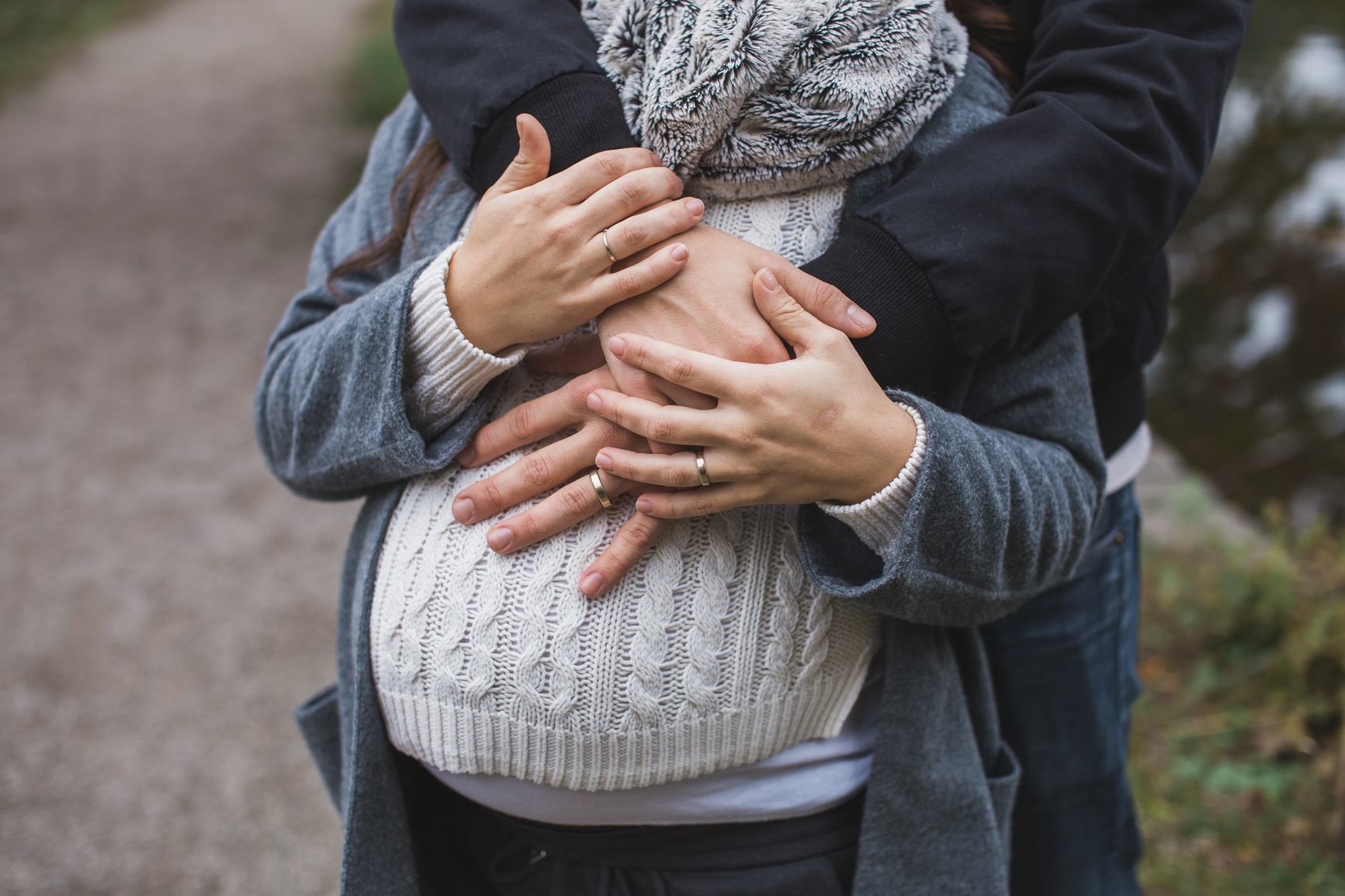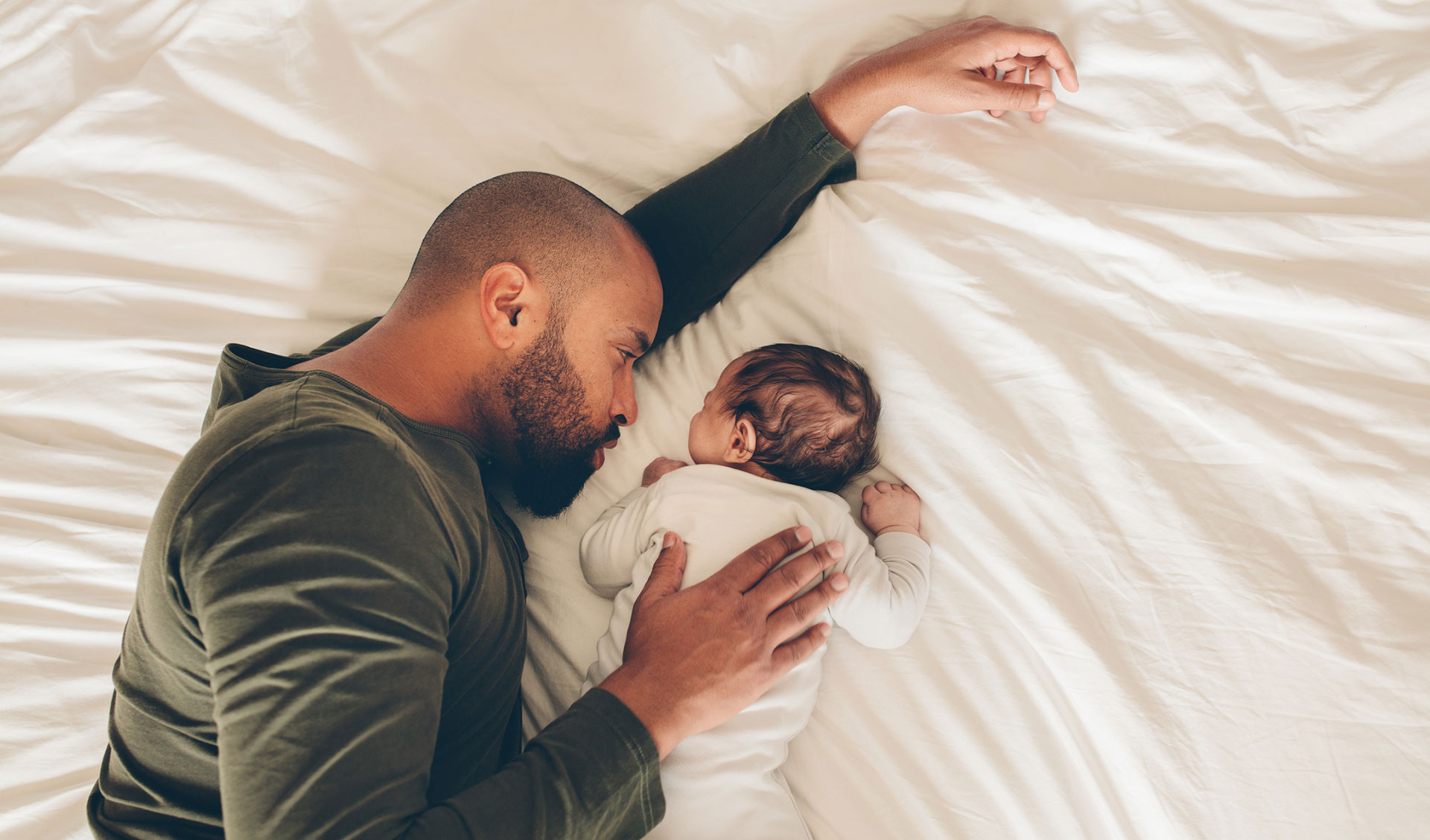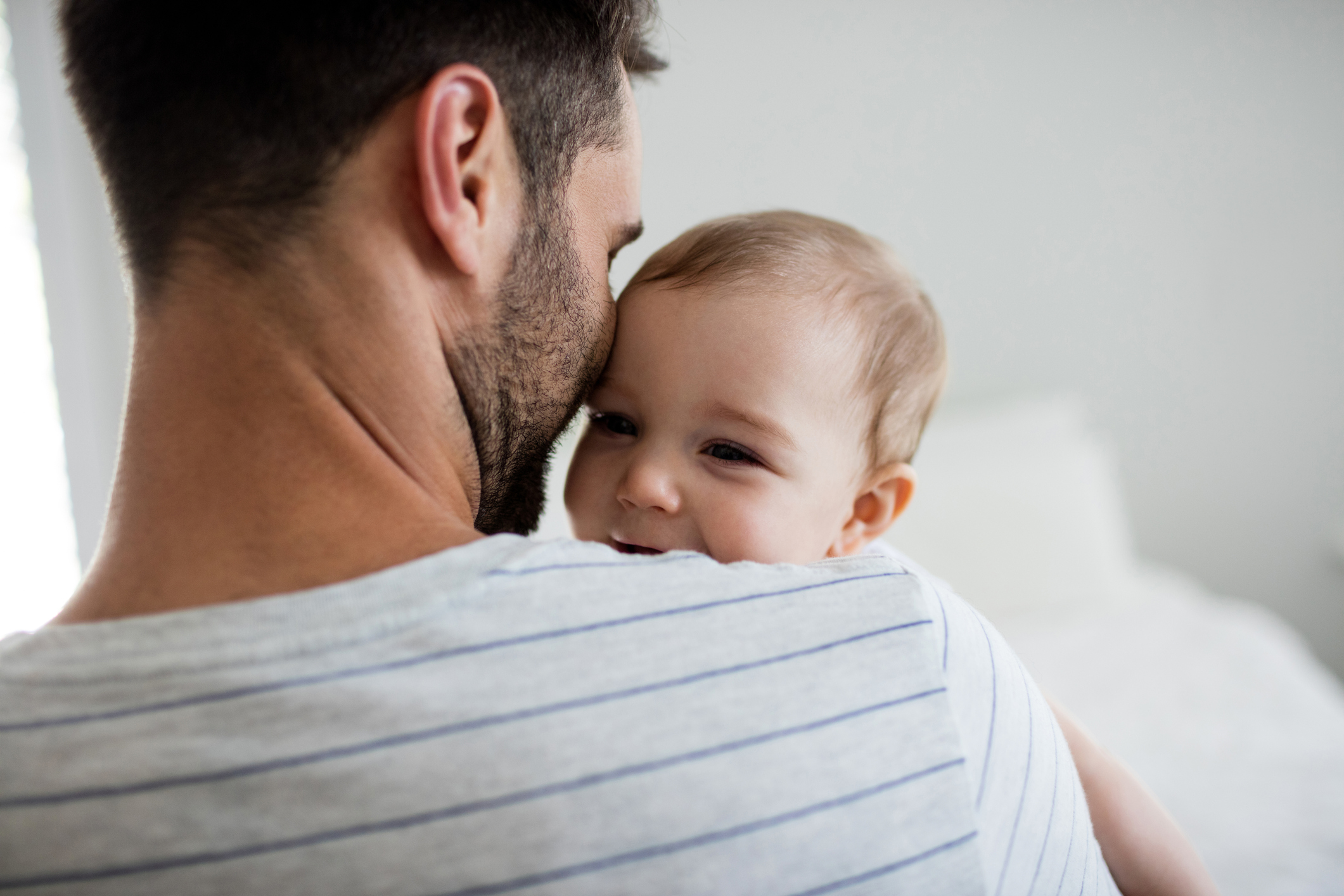-
Have you been trying to fall pregnant for the past year with no luck? You could be one in 10 women of reproductive age suffering from endometriosis, a common but poorly diagnosed condition affecting women.
Endometriosis can affect women very differently; some women don’t experience any symptoms. For others, the condition can cause intense pain, and in some cases, infertility.
Read on to find out more about endometriosis, how it can affect conception and pregnancy, as well as tips for women with the condition looking to start a family.
What is endometriosis?
Endometriosis occurs when tissue similar to the lining of the uterus, called the endometrium, grows outside of the uterus, often in places like the ovaries, fallopian tubes, bowel and bladder. Common symptoms can include painful periods, pain between periods, pain during and after sex, and discomfort when using your bowel or bladder.
Read more: Endometriosis Explained
For a long time, period pain has been accepted as a normal part of life, but for many women it could be a sign of something more serious.
Can you get pregnant with endometriosis?
Living with the condition does not necessarily mean you'll never conceive. In fact, many women will have no trouble at all conceiving naturally.
However, around one-third of sufferers will likely experience issues getting pregnant. Commenting on how endometriosis may affect getting pregnant, Associate Professor Jason Abbott from Endometriosis Australia says:
“Endometriosis may have a direct effect on the tubes and ovaries by causing scar tissue in and around these areas, restricting movement during ovulation (releasing an egg) and conception (egg and sperm meeting and fusing).
The disease may also have an effect on the quality of egg production and the way the new embryo settles into the uterine lining to start growing. If you suffer from endometriosis and are struggling to conceive, book in to see your GP or gynaecologist for a check-up. They’ll be able to do a full examination and discuss your options with you.”
The effect of endometriosis on pregnancy
Many women will have healthy pregnancies and babies without complications. Some women also report an improvement of endometriosis symptoms while pregnant.
However, endometriosis is a risk factor for early delivery (before 40 weeks), a slightly higher than average risk of bleeding after the 24th week of pregnancy, high blood pressure (pre-eclampsia) and having a caesarean section.
The best way to ensure a safe pregnancy while living with endometriosis is to:
- Inform your GP, gynaecologist and all other specialists of your condition
- Follow the cycle of scans, screenings and check-ups assigned by your team of specialists.
If you’re looking to start a family, check out our Growing Families Cover. Alternatively, read more about endometriosis or the impact stress can have on fertility.
The effects of endometriosis on pregnancy

-
What are your options when you can’t get pregnant?
1 in 6 couples struggle to conceive—we explore some options.
-
Ask an obstetrician
An obstetrician’s advice for pregnant women
-
How to boost male fertility
Simple lifestyle changes can help increase your sperm count and quality.
-
What to expect before you’re expecting
Your preconception checklist
-
Talking about parenting styles
How to think about adopting a parenting style.
-
5 factors that can affect male fertility
Want to become a dad? Here's what you should know
Subscribe to receive the best from Live Better every week. Healthy recipes, exercise tips and activities, offers and promotions – everything to help you eat, move and feel better.
By clicking sign up I understand and agree to Medibank's privacy policy






